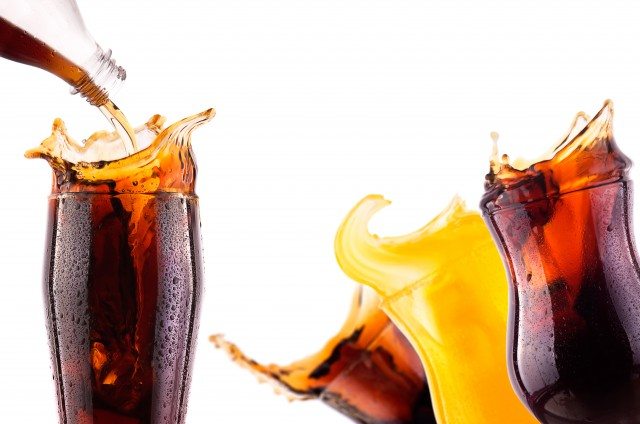The Australian Beverages Council has responded to research published in the British Journal of Nutrition from Deakin University that suggests the presence of caffeine in soft drinks increases consumption.
“The study of just 99 people should be kept in context of the evidence base when considering future policy settings on caffeine in drinks,” said the Council’s CEO Geoff Parker.
“The authors themselves noted the inherent design flaws and that the study could not determine any changes in body mass index nor energy intake differences between the group consuming soft drinks with caffeine and those that didn’t.”
“Caffeine has been consumed for hundreds of years and is found in a wide range of foods and drinks including chocolate, coffee, cakes, biscuits, ice cream, tea, pastries, flavored milk and soft drinks,” he said.
“The use of caffeine in soft drinks in Australia as either a flavor or functional ingredient is strictly controlled which compares to little or no regulation when it comes to other products.”
“Recent research has found that the soft drink category has undergone a fundamental shift in the past 15 years and now nearly one in two drinks consumed are non-sugar varieties, compared to 30% in 1997.”
“As a result, sugar contribution from carbonated soft drinks has dropped between 1997 and 2011 by 26% per capita as consumers switch from sugar-sweetened to non-sugar sweetened soft drink. Today, adults get just 1.8% of their kilojoules from soft drinks and children just 2.2%,” said Parker.










